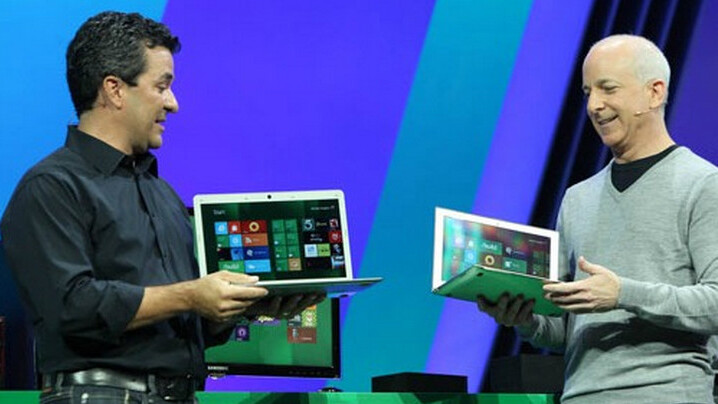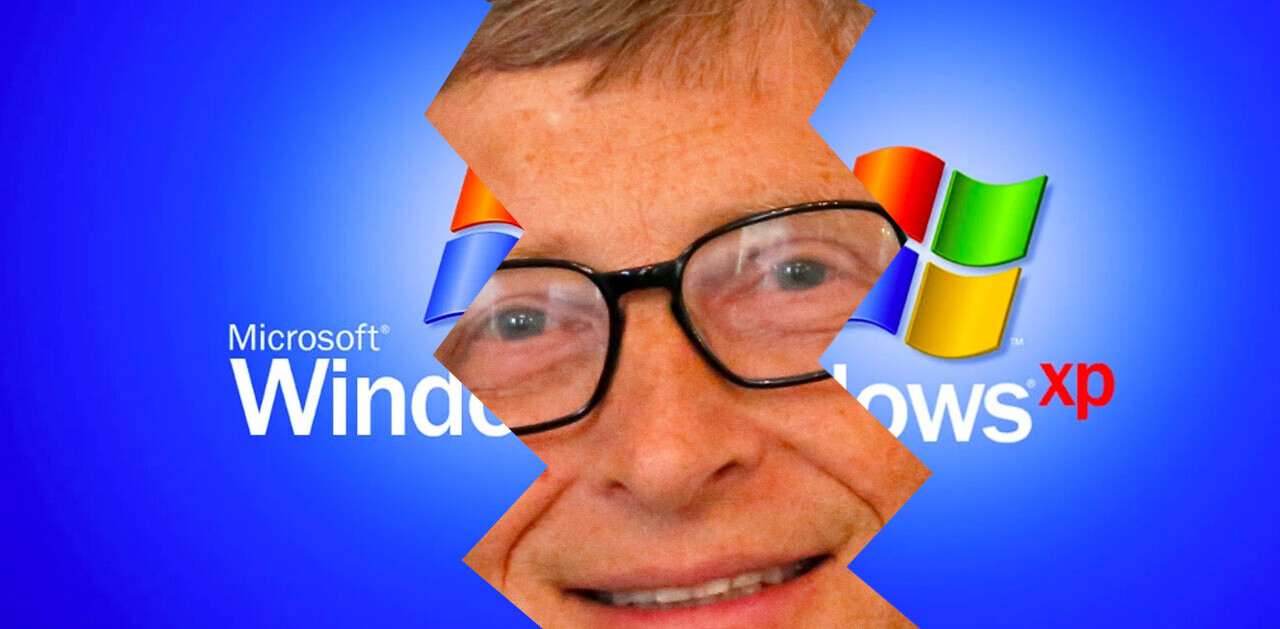
Analysts have a way of inventing news cycles that becomes wearisome over time. Today’s faux media narrative comes from Forrester, claiming that Windows 8 is in a hot-pot of pain due to its late market entry and supposedly eroding engrossment.
The ‘study’ that the company put together tracks interest in a generic Windows tablet, compared to other market alternatives. Unsurprisingly, as the tablet market has heated up, and competition within it has expanded and improved, interest in Windows as a tablet operating system has declined. Why? Because there is no version of Windows in the market that is designed for, or being sold (with any real gusto) on tablets. Consumers, therefore, currently select iOS and Android devices as their preference.
The report also complains that Microsoft is ‘late’ to the tablet market, and that this will more than hamper its entry. While this claim is fatuous, it has a ring of authenticity. Forrester puts it like this: Microsoft “is not a fast follower; it’s not even a second- or third-mover. It’s a fifth-mover after iPad.” And these people get paid. You can read our initial coverage of the report here.
Right, let’s break this down by individual points to save time.
No Interest?
The claim that Microsoft is losing tablet mindshare, and is therefore in dire trouble, is hogwash. Microsoft never had tablet mindshare to begin with. The only thing Microsoft had going for it in regards to being the market’s tablet preference (at one point) was that there were no alternatives, and so people just stuck with what they knew in surveys, Windows. Therefore, to say that consumer interest has declined in a Windows tablet is only to say that while Redmond has been building Windows 8 (since before the iPad came out until now), competing companies have released tablets.
As you can see, that is hardly groundbreaking. Windows 8, I would argue, is stirring up interest in the exact audience that it has to: with behemoth OEMs that will build the devices that will run the operating system. In fact, tracking developer interest, OEM interest, and interest among technosexuals has given me the strong impression that interest in Windows 8 as a tablet OS is quite high. Therefore, interest in Windows as a functional tablet OS is at an all time high, not an all time low.
And what of the consumers? They respond to what they know, and what they are told. Apple has done a masterful job building and selling the iPad, an excellent device that is beloved for its simplicity, and power. Microsoft is not competing directly with the iPad, as it is building an operating system for all form factors, and is designed for productivity work, and not just consumption. Therefore, not only is Windows 8, and therefore Windows in aggregate, not suffering from a decline in interest, it is riding high, and the comparisons that Forrester employs are off-kilter at best.
Late?
Is Microsoft too late? The simple answer is no. You could have argued, and some did, that Amazon was too late to the tablet market. After all, the iPad was in its second generation when the Fire came out, and Android was already quasi-mature on other tablets. And yet the Fire came out and blew the doors off of everyone’s sales expectations.
This leads us to a personal maxim of mine: An excellent product is never late.
Windows 8 might end up being an unusable, fractured operating system. If so, it will not succeed in igniting consumer demand, and will therefore fail at its objectives. But it will not fail from being late; it will if it is a poor product. The iPhone was ‘late’ to the smartphone game, and so forth. ‘Late’ is just a lazy way of viewing product cycles with no sense of scope, history, or product innovation. The original Xbox was ‘late,’ just as the Xbox 360 was ‘too early.’ One caveat to this: you do need to have a pile of cash if you want to release a great product that is ‘late.’ As Microsoft has tens of billions in the bank, this is a non-issue.
So to ding Microsoft for going into the tank and working on Windows 8 until it is done, and not releasing it according to an artificial, manufactured market deadline, is to miss the point.
Windows 8 has a shot at snagging a fat slice of the tablet market if it is a good product, well advertised, that runs on capable hardware. None of that has to do with what current, and hackneyed, polling says, or what the competitive landscape currently is.
Get the TNW newsletter
Get the most important tech news in your inbox each week.





